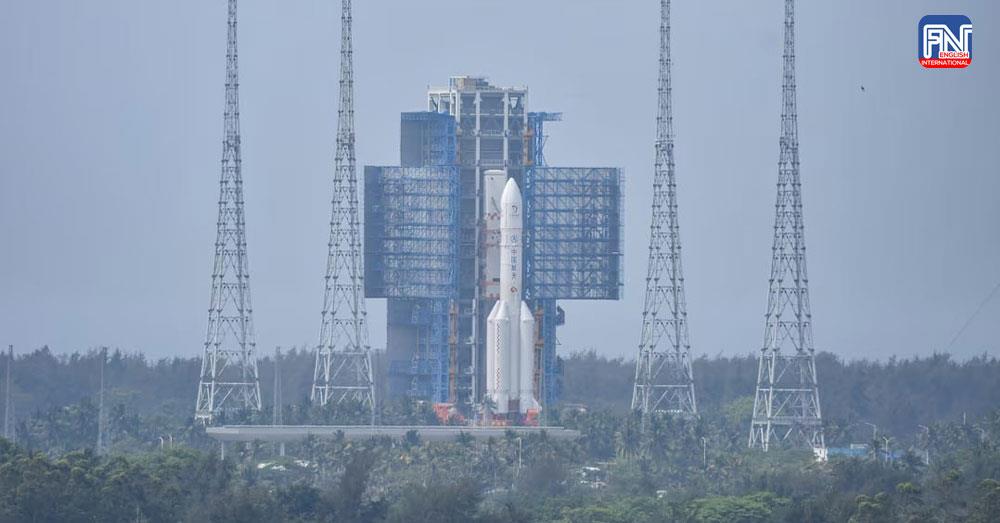BEIJING, Apr. 29 (Reuters) - China will send a robotic spacecraft in coming days on a round trip to the moon's far side in the first of three technically demanding missions that will pave the way for an inaugural Chinese crewed landing and a base on the lunar south pole.
Since the first Chang'e mission in 2007, named after the mythical Chinese moon goddess, China has made leaps forward in its lunar exploration, narrowing the technological chasm with the United States and Russia.
In 2020, China brought back samples from the moon's near side in the first sample retrieval in more than four decades, confirming for the first time it could safely return an uncrewed spacecraft to Earth from the lunar surface.
This week, China is expected to launch Chang'e-6 using the backup spacecraft from the 2020 mission, and collect soil and rocks from the side of the moon that permanently faces away from Earth.
With no direct line of sight with the Earth, Chang'e-6 must rely on a recently deployed relay satellite orbiting the moon during its 53-day mission, including a never-before attempted ascent from the moon's "hidden" side on its return journey home.
The same relay satellite will support the uncrewed Chang'e-7 and 8 missions in 2026 and 2028, respectively, when China starts to explore the south pole for water and build a rudimentary outpost with Russia. China aims to put its astronauts on the moon by 2030.
Beijing's polar plans have worried NASA, whose administrator, Bill Nelson, has repeatedly warned that China would claim any water resources as its own. Beijing says it remains committed to cooperation with all nations on building a "shared" future.
On Chang'e-6, China will carry payloads from France, Italy, Sweden and Pakistan, and on Chang'e-7, payloads from Russia, Switzerland and Thailand.
NASA is banned by U.S. law from any collaboration, direct or indirect, with China.
Under the separate NASA-led Artemis programme, U.S. astronauts will land near the south pole in 2026, the first humans on the moon since 1972.
"International cooperation is key (to lunar exploration)," Clive Neal, professor of planetary geology at the University of Notre Dame, told Reuters. "It's just that China and the U.S. aren't cooperating right now. I hope that will happen."

Photo from Reuters

